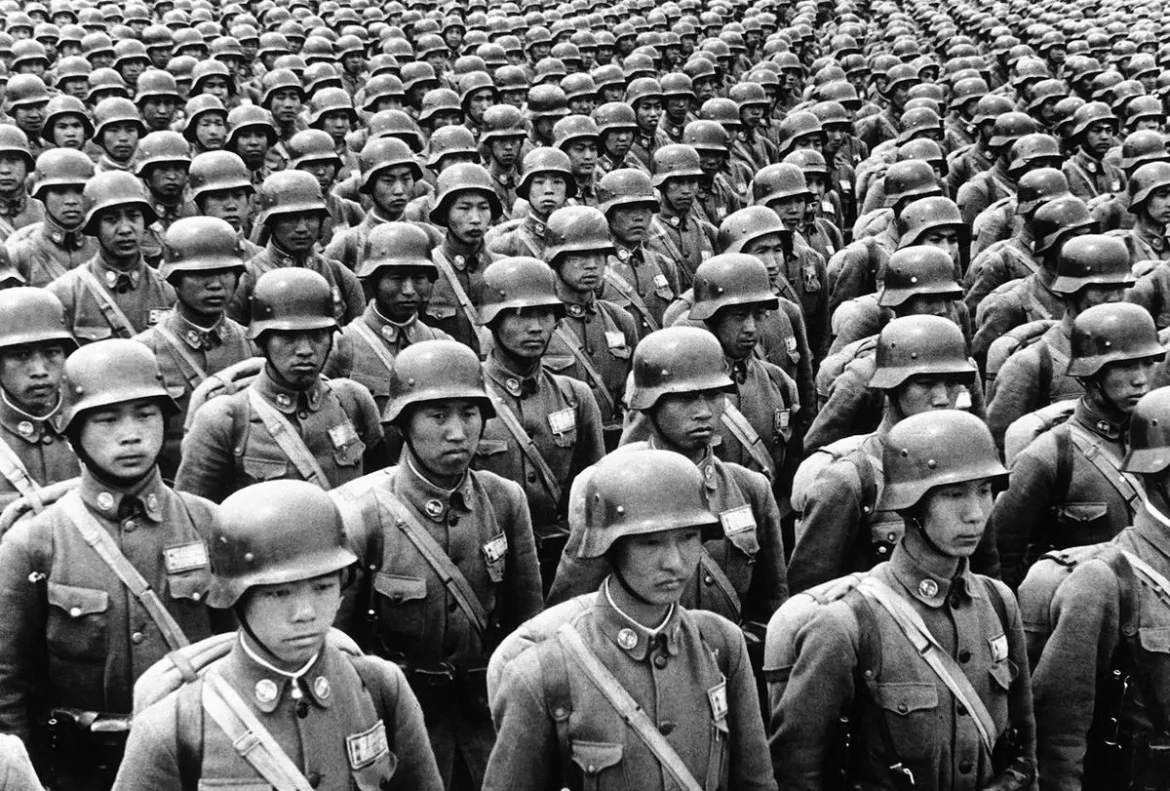World War II, fought from 1939 to 1945, was one of the most devastating conflicts in human history. Its legacy continues to shape the world in profound ways, influencing international relations, socio-economic conditions, and cultural narratives. This article explores the multifaceted legacy of World War II, examining its impact on global politics, society, and culture.

Geopolitical Changes
- Formation of the United Nations:
- Purpose: Established in 1945, the United Nations (UN) was created to promote international cooperation and prevent future conflicts. It has become a central institution in global diplomacy, addressing issues such as peacekeeping, human rights, and development.
- Impact: The UN has played a crucial role in mediating conflicts, providing humanitarian aid, and fostering international collaboration.
- Cold War Era:
- Division: The end of World War II saw the emergence of the Cold War, a period of geopolitical tension between the United States and the Soviet Union. This division led to the creation of military alliances, such as NATO and the Warsaw Pact.
- Influence: The Cold War influenced global politics, economics, and military strategies for decades, shaping the modern world order.
- Decolonization:
- Independence Movements: The aftermath of World War II accelerated decolonization, as many former colonies in Africa, Asia, and the Middle East gained independence. The weakening of European powers and the rise of nationalist movements contributed to this process.
- Legacy: The transition to independence led to the emergence of new nations and altered global power dynamics.
- Redrawing of Boundaries:
- Territorial Changes: The war resulted in significant changes to national boundaries, including the division of Germany and the creation of new states in Europe and Asia.
- Ongoing Impact: These changes have had lasting effects on regional politics and national identities.
Economic and Technological Advances
- Economic Recovery and Growth:
- Marshall Plan: The United States implemented the Marshall Plan to provide economic aid for the reconstruction of Europe. This initiative helped revitalize European economies and fostered long-term economic growth.
- Economic Boom: The post-war period saw significant economic expansion in many countries, leading to increased standards of living and technological progress.
- Technological Innovations:
- Scientific Advances: World War II spurred advancements in technology and science, including radar, jet engines, and nuclear technology. The wartime need for innovation accelerated research and development.
- Space Race: The Cold War era saw the beginning of the space race, driven by technological achievements from the war, including rocket technology and satellite communications.
- Industrialization and Modernization:
- Production Techniques: The war effort led to advancements in industrial production and logistics, influencing manufacturing techniques and supply chain management in the post-war era.
- Urban Development: Many countries experienced urbanization and modernization as a result of economic growth and technological progress.

Social and Cultural Impacts
- Human Rights and International Law:
- Universal Declaration of Human Rights: The horrors of World War II highlighted the need for human rights protections. The Universal Declaration of Human Rights, adopted in 1948, set out fundamental rights and freedoms for all people.
- War Crimes Tribunals: The Nuremberg Trials and other war crimes tribunals established precedents for prosecuting war crimes and crimes against humanity, contributing to the development of international criminal law.
- Cultural Reflections:
- Literature and Art: The war influenced literature, art, and film, with works reflecting the trauma, resilience, and moral questions arising from the conflict. Notable examples include novels such as “Slaughterhouse-Five” and films like “The Pianist.”
- Public Memory: World War II has become a central theme in public memory and historical education, shaping national identities and collective consciousness.
- Social Change:
- Role of Women: The war led to increased participation of women in the workforce and the military. The post-war period saw advancements in gender equality and women’s rights.
- Civil Rights Movements: The social changes brought about by the war contributed to the rise of civil rights movements in various countries, advocating for racial and social equality.
Political and Military Consequences
- Military Alliances and Arms Race:
- Nuclear Arms Race: The development and use of nuclear weapons during World War II initiated a nuclear arms race between superpowers, influencing global military strategies and security policies.
- Alliances: The formation of military alliances, such as NATO and the Warsaw Pact, shaped international relations and military policies during the Cold War.
- National Security Policies:
- Defense Strategies: Countries reassessed their national security policies and defense strategies in light of the lessons learned from the war, leading to changes in military doctrine and defense infrastructure.
- Intelligence Agencies: The establishment and expansion of intelligence agencies, such as the CIA and KGB, were driven by the need for strategic intelligence and counterintelligence during the Cold War.
- Global Governance:
- International Institutions: The creation of international institutions, such as the International Monetary Fund (IMF) and World Bank, aimed to promote global economic stability and development.
- Diplomatic Relations: The war’s aftermath saw the establishment of new diplomatic norms and practices, influencing international relations and conflict resolution.

Conclusion
The legacy of World War II is vast and complex, with far-reaching effects on geopolitics, economics, society, and culture. The conflict’s aftermath shaped the modern world, influencing international relations, technological advancements, and social change. As we reflect on the impact of World War II, it is essential to understand its enduring legacy and continue to learn from its lessons to build a more peaceful and just world.


